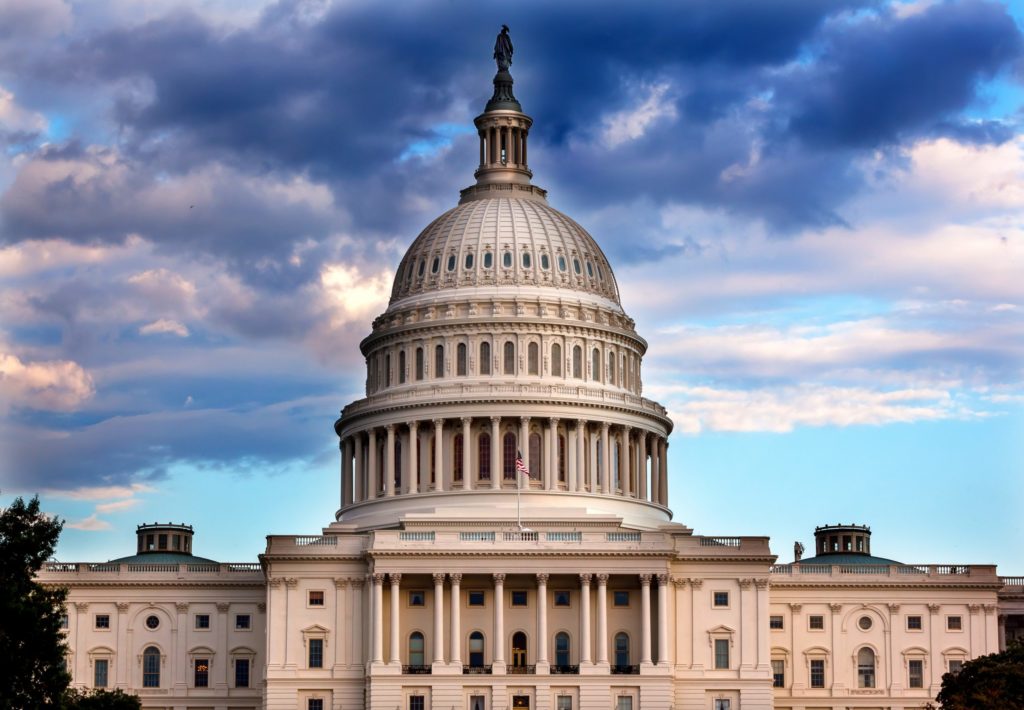Bricks Without Straw?
You are no longer to supply the people with straw for making bricks; let them go and gather their own straw. But require them to make the same number of bricks as before. Exodus 5:7-8a
Washington’s Gov. Jay Inslee’s emergency rule to ban auto insurers from using credit information in pricing calculations is bad for all Washington drivers.
Unlike most goods where the cost of production is known at time of sale, and must be at or below the product’s cost for the seller at least to break even, the ultimate cost of an insurance policy to an insurer is unknown. Pricing of insurance policies is done by analyzing characteristics of the buyer associated with the probability of a loss. For example, other things being equal, it stands to reason that a policy sold to a 17-year old male driving a sports car who has already been in two accidents should be higher than the same policy sold to a married middle-aged woman with young children and a squeaky clean driving record.
Insurers incorporate data on factors beyond age, gender and marital status to calculate risk-adjusted rates. The factors used by insurers in ratemaking are therefore proxies for determining a fair price appropriate for the risk. Using such factors does not discriminate against young drivers, for example—it simply reflects statistical historical evidence of correlations between the factors and the probability of loss.
Credit analytics firm FICO posits that the reason for the correlation of credit history and claim probability is that “individuals who closely and cautiously monitor and manage their finances tend to also take better care of their cars and homes and are, generally, more diligent in their risk management habits.” Because such individuals are found across demographic classifications, the discrimination argument becomes hard to uphold.
If insurers find that credit scores have bearing on accident propensity, insurers should be allowed to use them. Preventing insurers from deploying basic tools required to generate appropriate risk-adjusted prices leads to mispricing of risk, harming insurance buyers as well as insurers. What is more, such deprivation leads to unintended negative consequences—an unfair socialization of risk, leaving customers either overcharged or undercharged. Executive fiat prohibiting insurers from accessing the tools of their trade is tantamount to Pharaoh ordering the Israelites of old to make bricks without straw. Bad business, bad policy.









